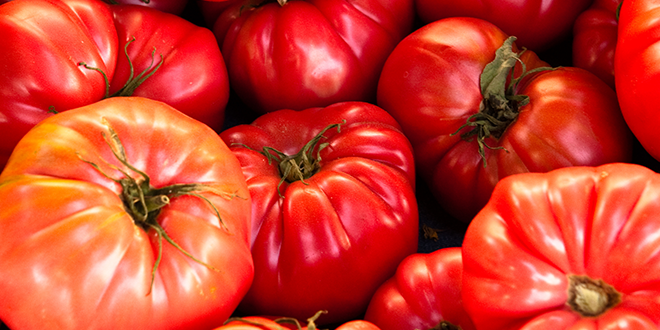
Jul 13, 2022Strategies for selling at produce auctions
Agriculture is a subculture of our society. Produce auctions are a subculture of agriculture and are not always fully understood by folks working in the food system.
I and two Extension colleagues are part of a two-year Specialty Crop Block Grant study on produce auctions.
One of the goals of the grant is to educate potential buyers and sellers and to dispel some of the myths about produce auctions.
Here are a few things we hear about auctions:
“You don’t know where that stuff is coming from.”
“It’s just a place for growers to sell their seconds.”
“You can’t make any money selling at the auction.”
To that last point, simply loading up the truck and bringing your produce to auction and hoping it sells well is not a strategy for success. Like any market channel, one needs to be strategic about selling at auction.
Talk to someone
Before you bring any product to auction, visit the auction, and understand how quantities of produce are sold. For example, tomatoes are sold by the box in ten-pound boxes. Asparagus might be sold loose in a box by the pound or in three quarter-pound bunches.
Talk with the growers and auction personnel to find out what products the auction is short on. Auctions usually take a percentage of the sale for their costs. What is the percentage?
Once you decide to sell through the auction, get a seller number from the office. That number will stay with you
and will be on the products you bring to auction. Over time, this is how buyers will come to identify your farm and products.
Consistency
To be successful you must be consistent. Committing to a consistent supply of products so as buyers get to know you, they can rely on the fact that you will be there every week.
Be consistent with bringing qualityproduce. Like any market channel, you are building your reputation every auction day.
Consistency is how you make a profit over the season. Just like any market channel, success takes time and time takes commitment.
What if there is a glut of produce?
At some point in the season, there is a glut of produce at the auction and yes, prices will reflect that. It is best to evaluate the auction by looking at the entire season and not focusing on any single point. It’s like watching the stock market. A financial advisor will tell you that if you are invested in the market for long-term gain, don’t focus on what the market does today. The same can be said of produce auctions.
Growers I spoke with told me they expect a three- to four-week period during the season where prices drop – usually at the height of the season. One grower said he goes on vacation in August! This grower focuses his production on early season and late or extended season production to minimize being affected by low prices during peak season.
Growers who sell through a produce auction say they know that whatever they bring to the auction each week will be sold which means the grower isn’t stuck with unsold produce and selling through the auction allows them more time to farm and less time spent on marketing.
– Brian Moyer, Penn State Extension; Photo by Brian Moyer
















